Share This
Videos and Photos24 November 2015

Over the past two years, more than 2.5 million people have been rendered homeless by ongoing attacks carried out by Boko Haram, which is also known as the Islamic State’s West Africa Province (ISWAP) group. People are also fleeing reprisal acts and offensives carried out by the regional military forces. Photo: Sylvain Cherkaoui/Cosmos for MSF
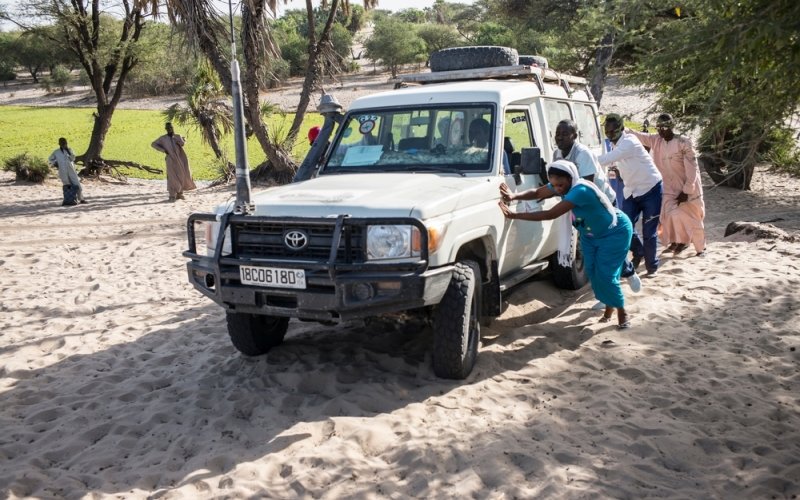
Since the beginning of activities in the Lake Chad area in Chad, MSF has also distributed 2,230 kits containing essential relief items such as plastic sheeting, blankets, and mosquito nets; as well as 1,650 kits that enable people to treat water for safe use in their homes. Photo: Sylvain Cherkaoui/Cosmos for MSF
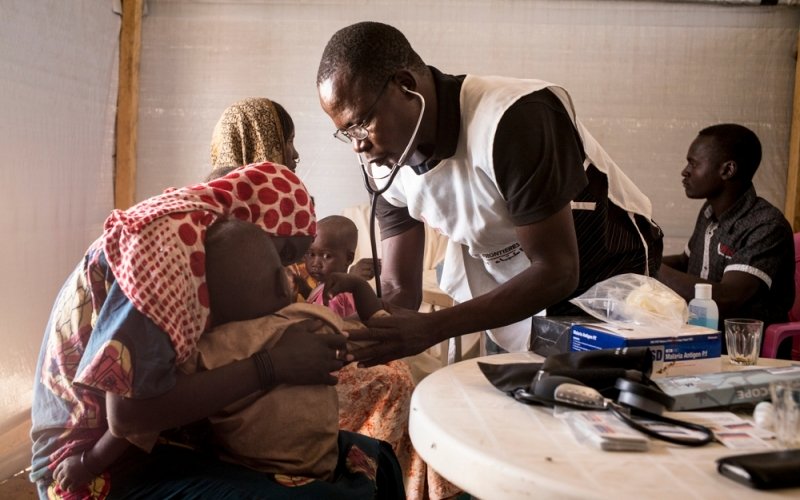
The mobile clinics mostly treat malaria, diarrhea, and respiratory infections linked to the poor living conditions. Here, MSF nurse Jebdangbe Pakagochy examines a patient at the Koulkime primary health center, which is supported by MSF. Photo: Sylvain Cherkaoui/Cosmos for MSF
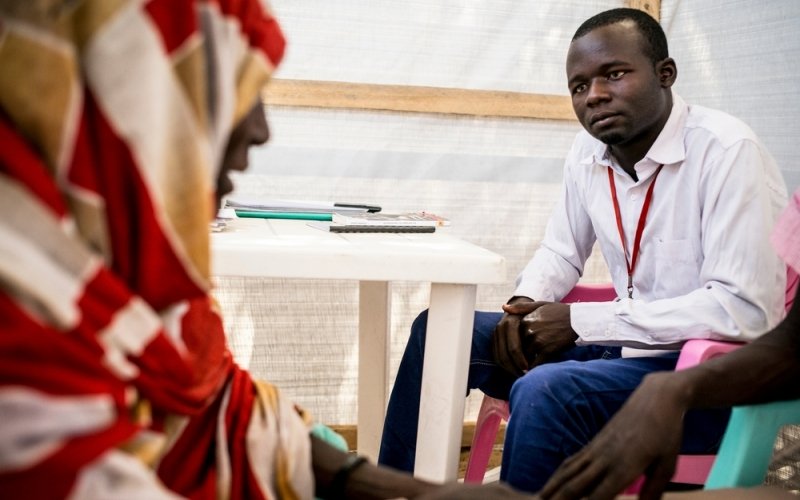
MSF also provides mental health care to refugees. People are living in terror—attacks occur at markets, places of worship, and schools, causing widespread fear and displacement. Here, MSF psychologist Hangu Djangrang meets with a patient at Koulkime primary health center. Photo: Sylvain Cherkaoui/Cosmos for MSF
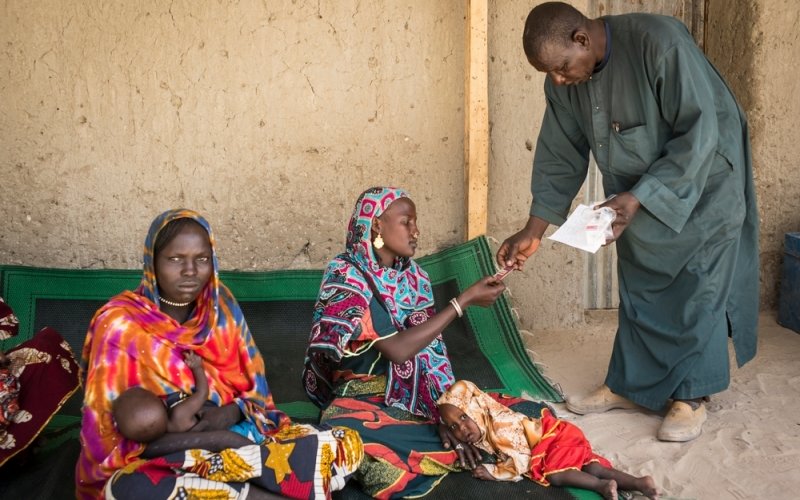
In the four countries bordering Lake Chad, MSF teams work in collaboration with Ministries of Health to deliver lifesaving services such as primary health care, pediatric and nutritional support, psychological assistance, surgical care, and treatment for wounded and victims of violence. Photo: Sylvain Cherkaoui/Cosmos for MSF
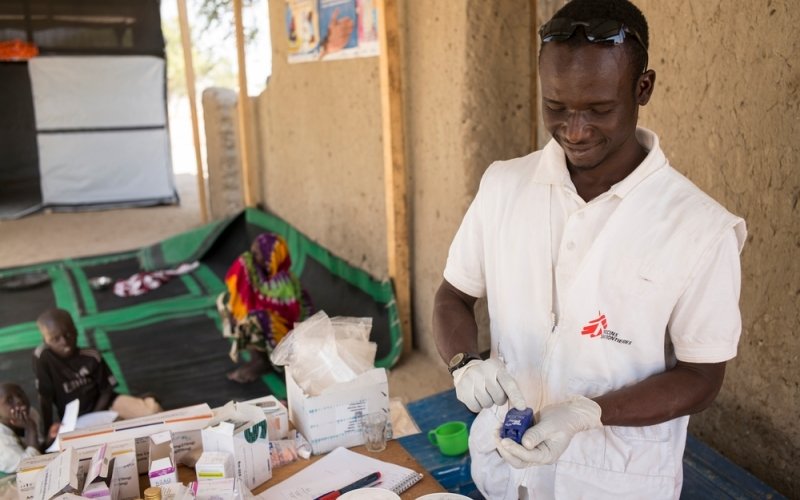
MSF is scaling up its medical and humanitarian response in Nigeria, Cameroon, Chad, and Niger to provide assistance to victims of the Lake Chad regional crisis. Photo: Sylvain Cherkaoui/Cosmos for MSF
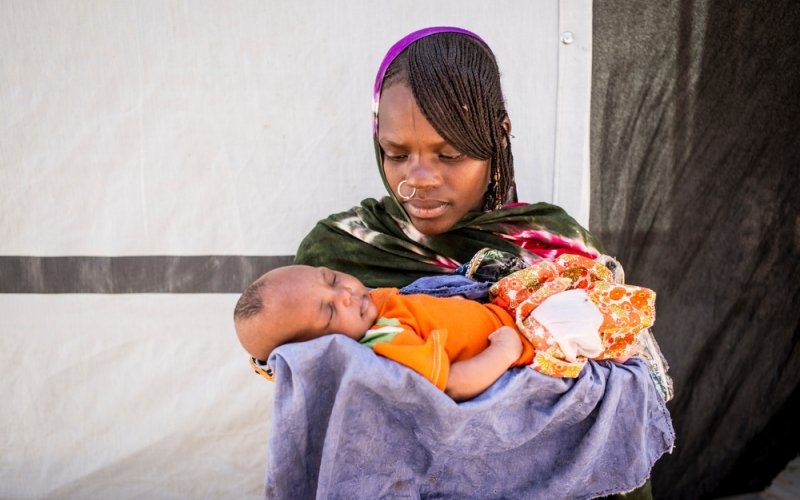
Seventeen-year-old Alima Kori recently gave birth to her first child, Abakar Hadissa, who is now 19 days old. She has come to the center for her postnatal visit. Photo: Sylvain Cherkaoui/Cosmos for MSF
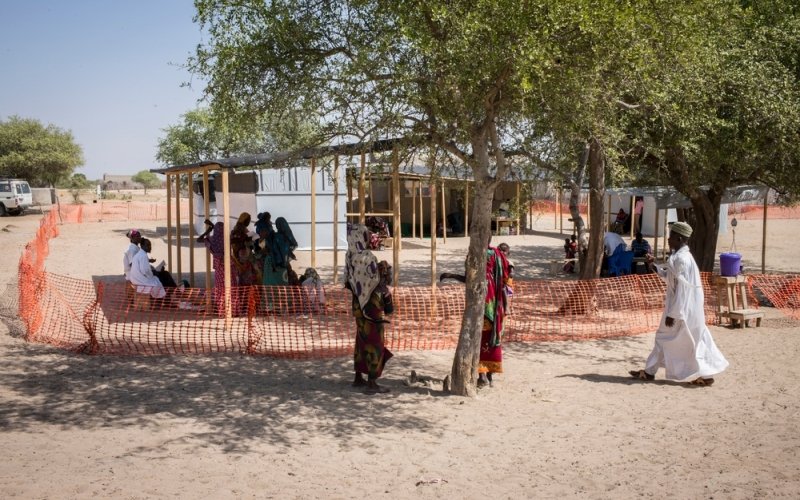
In Chad, MSF teams based in Baga Sola and Bol run several mobile clinics providing basic health care to both displaced and resident populations. From March to October 2015, teams carried out more than 24,000 consultations. Photo: Sylvain Cherkaoui/Cosmos for MSF
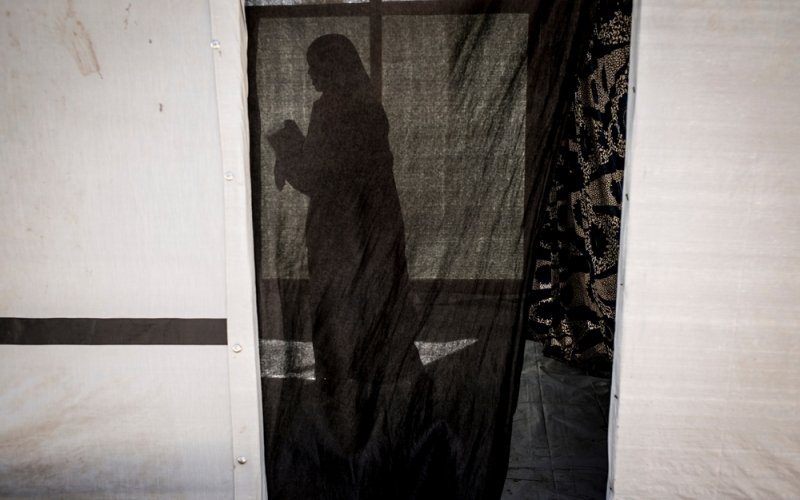
Many patients attending the clinics display symptoms of depression and anxiety, linked to the traumatic events, poor living conditions, and ongoing insecurity they face. In October 2015, a series of suicide attacks resulted in 43 deaths and some 50 injured in Baga Sola and in the Kousseri displaced person’s camp. Photo: Sylvain Cherkaoui/Cosmos for MSF
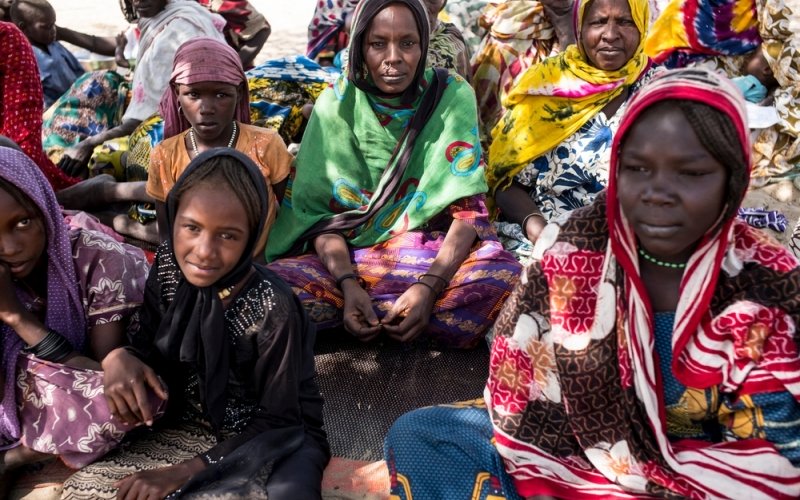
Families and individuals have sought refuge across borders or inside their own countries. Today, an estimated 66,000 people are displaced in Chad after being forced to flee. They live in extremely vulnerable conditions, often without shelter and livelihood. Photo: Sylvain Cherkaoui/Cosmos for MSF
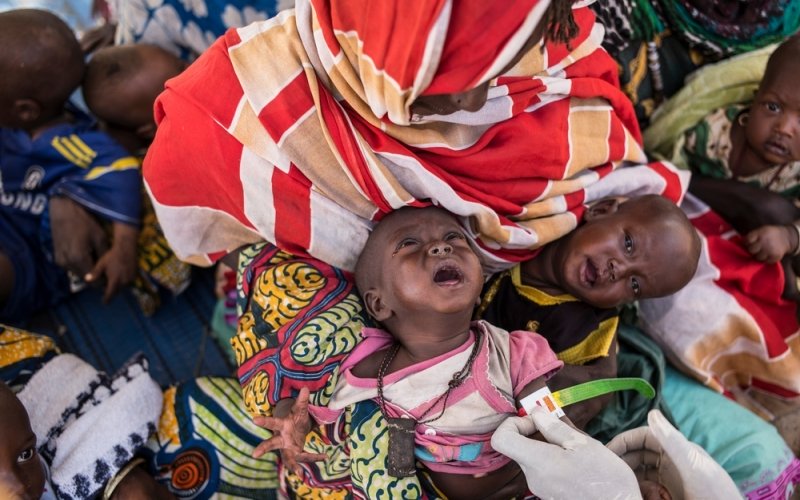
The already scarce health facilities in this neglected area have been further weakened by the flight of workers, and insecurity has severely restricted access to lifesaving health care. Medical staff has fled and health facilities lack essential drugs and equipment. Photo: Sylvain Cherkaoui/Cosmos for MSF
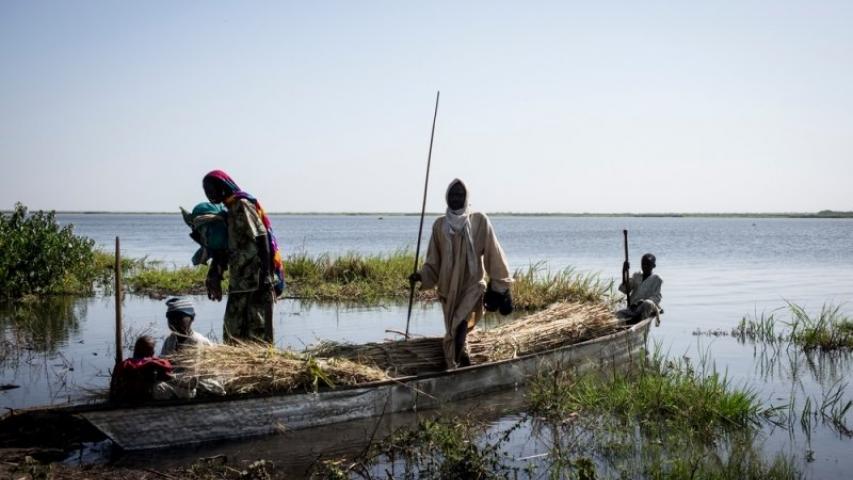
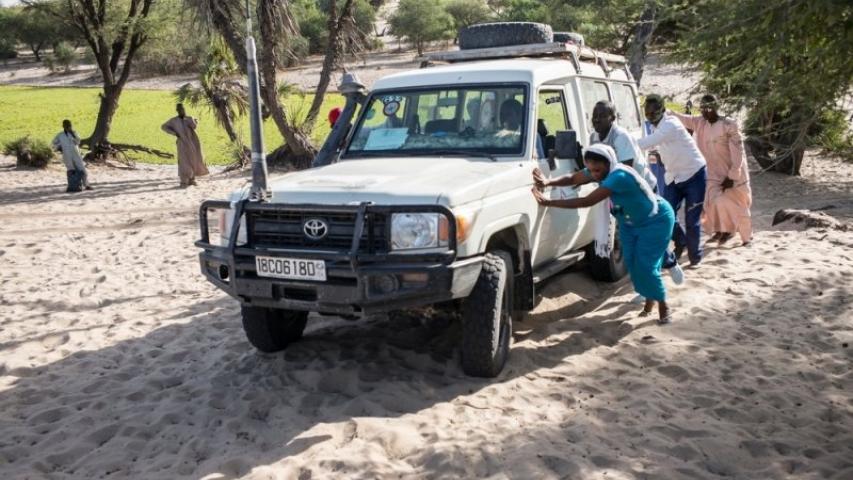
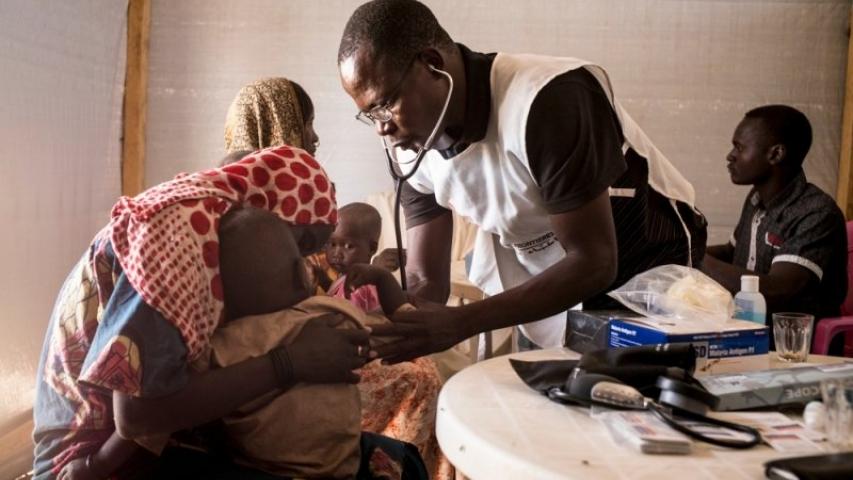
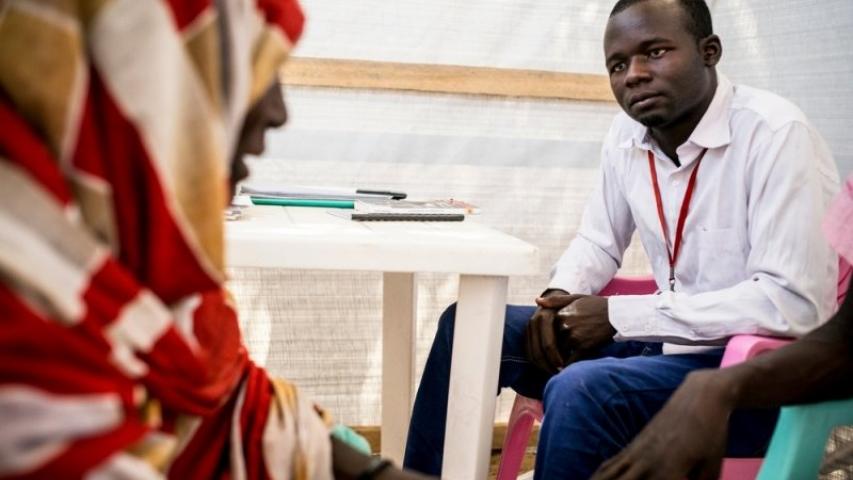
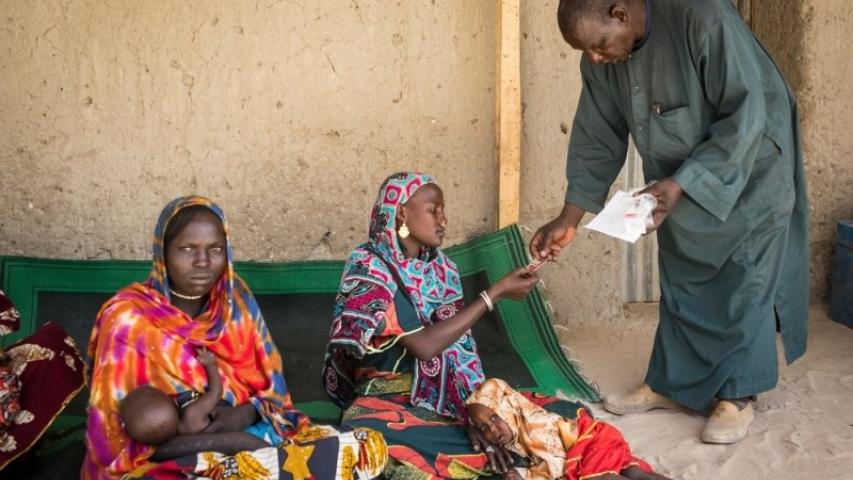
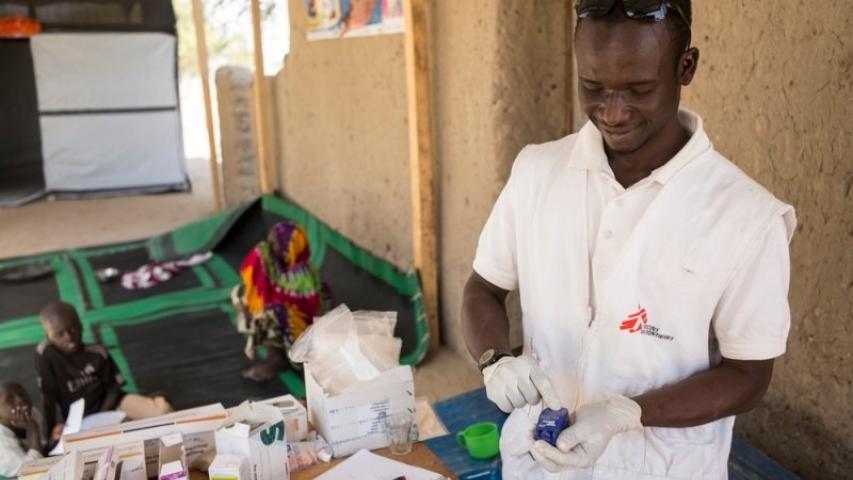
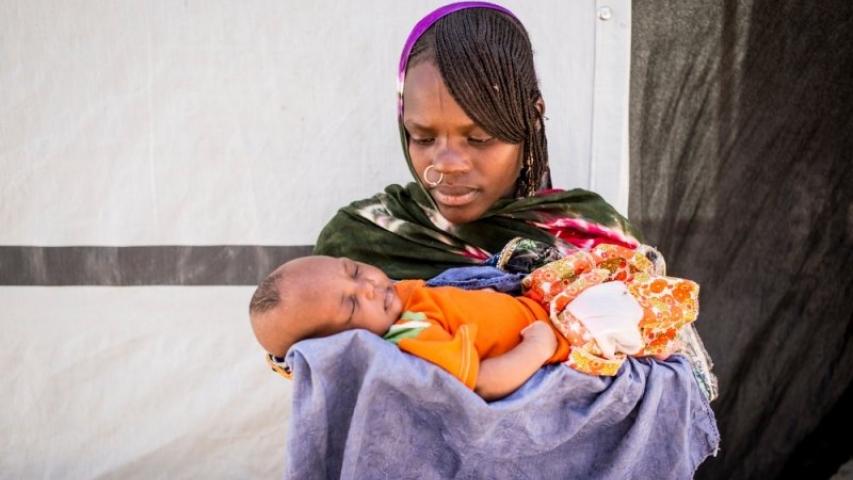
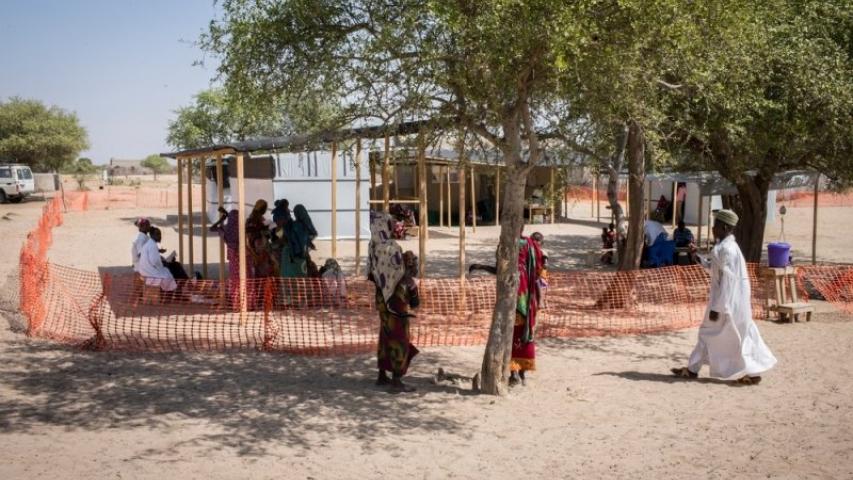
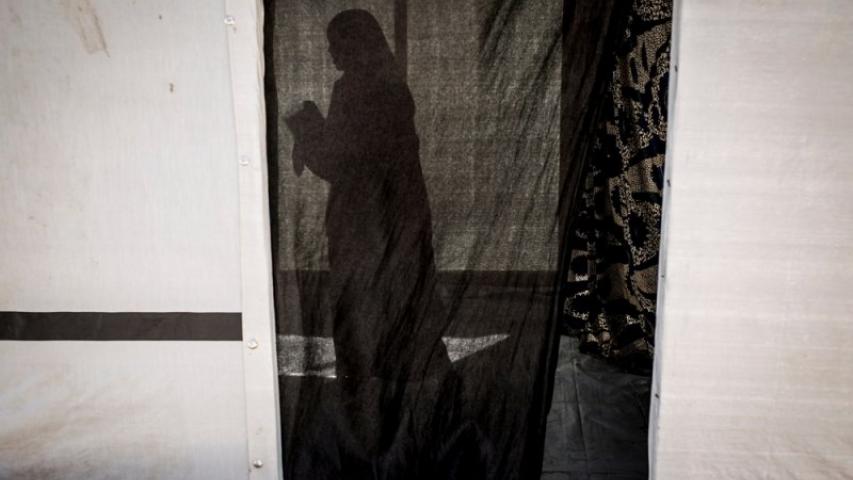
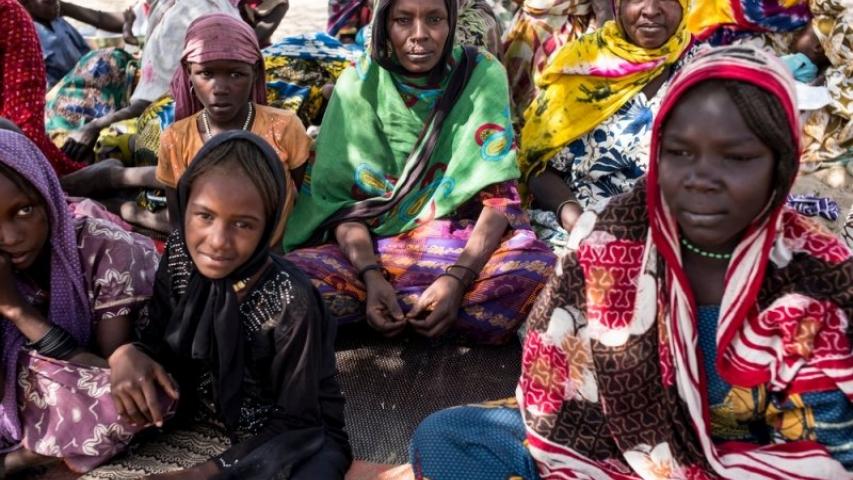
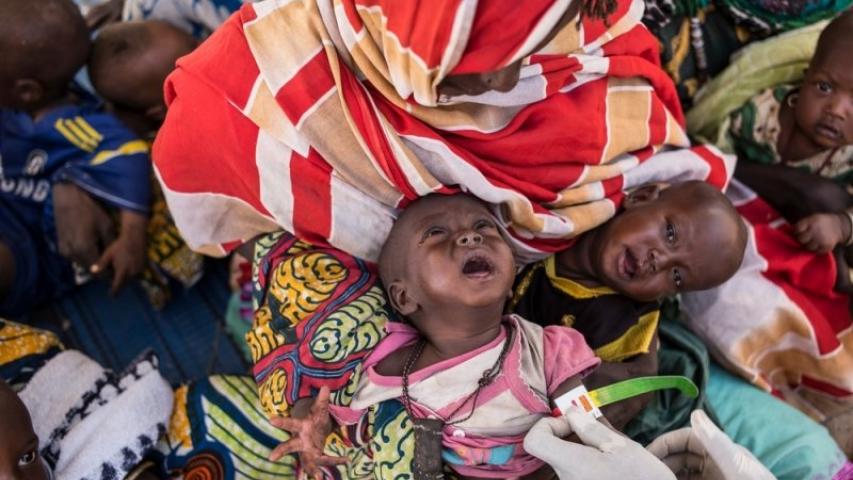
The Lake Chad region is beset by violence, as attacks by Boko Haram, also known as the Islamic State’s West Africa Province (ISWAP) group, continue unabated, driving huge numbers of people from their homes.
Government military operations in response are also contributing to the mass displacement across the region. To date, more than 2.5 million people have been rendered homeless by violence, fighting, and terror in Nigeria, Cameroon, Chad, and Niger. Doctors Without Borders (MSF) is scaling up its medical and humanitarian response in the four countries.